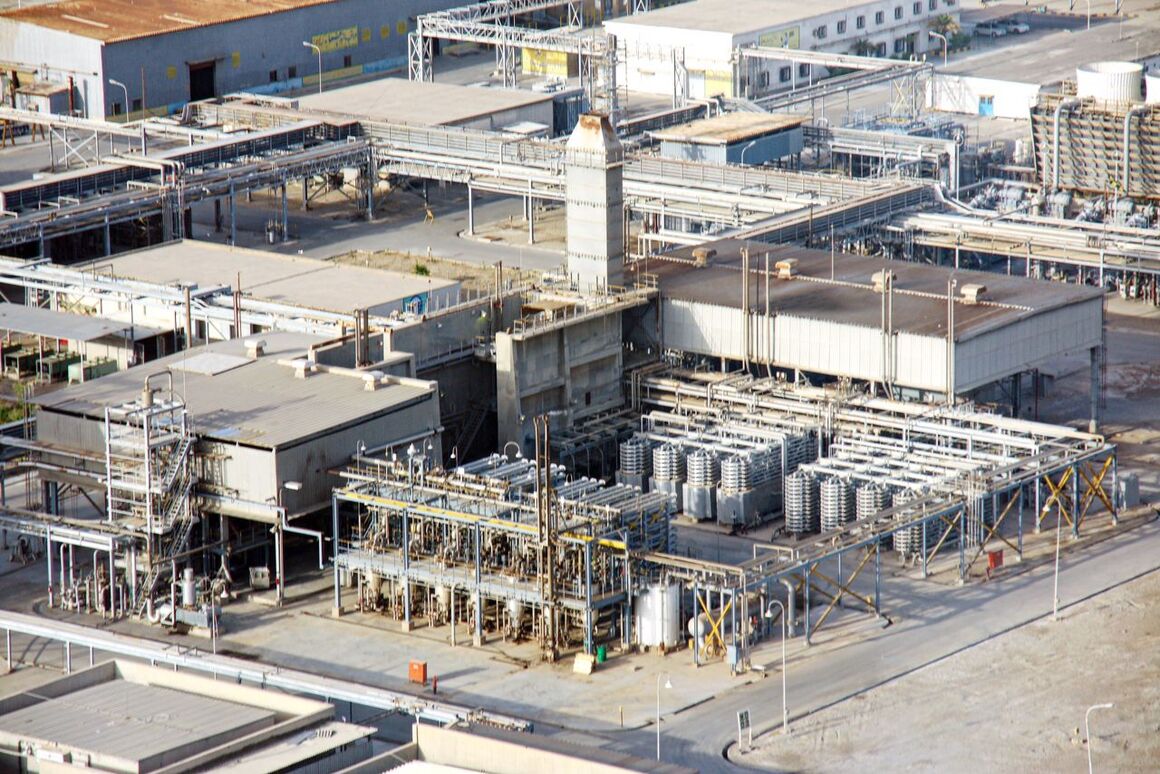Speaking at a strategy meeting on the revival of the Dehloran Petrochemical Project, attended by provincial officials, the CEO of Ahdaf Holding Company as well as members of the parliamentary Energy Committee, Hassan Abbaszadeh said Iran’s current installed petrochemical capacity stands at 97 million tons. He expressed hope that this figure would surpass 100 million tons this year.
Abbaszadeh noted that while over $90 billion has been invested in the sector, about 22% of installed capacity remains unused due to feedstock shortages—a major challenge for the industry.
Petrochemical expansion under 7th Development Plan
The deputy oil minister highlighted that the 7th Development Plan aims to increase petrochemical capacity to 131 million tons, with a focus on boosting production across value chains.
Abbaszadeh stressed the need for balanced growth between petrochemical development and upstream sectors, acknowledging that past imbalances have led to feedstock shortages at some facilities. To address this, $18 billion in investment is required to optimize capacity and secure stable feedstock.
Flare gas to supplement feedstock
The NPC CEO identified three key regions—West Karun, East Karun, Dehloran, and Ilam—for flare gas recovery, which accounts for 75% of Iran’s flaring. Projects such as NGL 3100 and the Bidboland Persian Gulf Refinery expansion aim to reduce flaring while supplying petrochemical feedstock.
The NGL 3100 project is set to become operational in the coming months, while the Hoveyzeh Gas Refinery (NGL 3200) is expected to eliminate 80% of associated flare gas by next year.
Accelerating the Dehloran Petrochemical Project
Abbaszadeh expressed dissatisfaction with the slow progress on the Dehloran Petrochemical Project, despite efforts to secure financing from the Bank Refah. He hoped upcoming government attention would expedite funding and reactivate the project.
Water consumption reforms
The CEO also addressed water usage reforms, noting that under the 7th Development Plan, industries relying on conventional water sources must transition to recycled water, treated wastewater, or desalination within three years—or face steep price hikes.
During his visit to Dehloran, Abbaszadeh inspected the petrochemical facility, the Dehloran Petro-Refinery, and the NGL 3100 project.


Your Comment